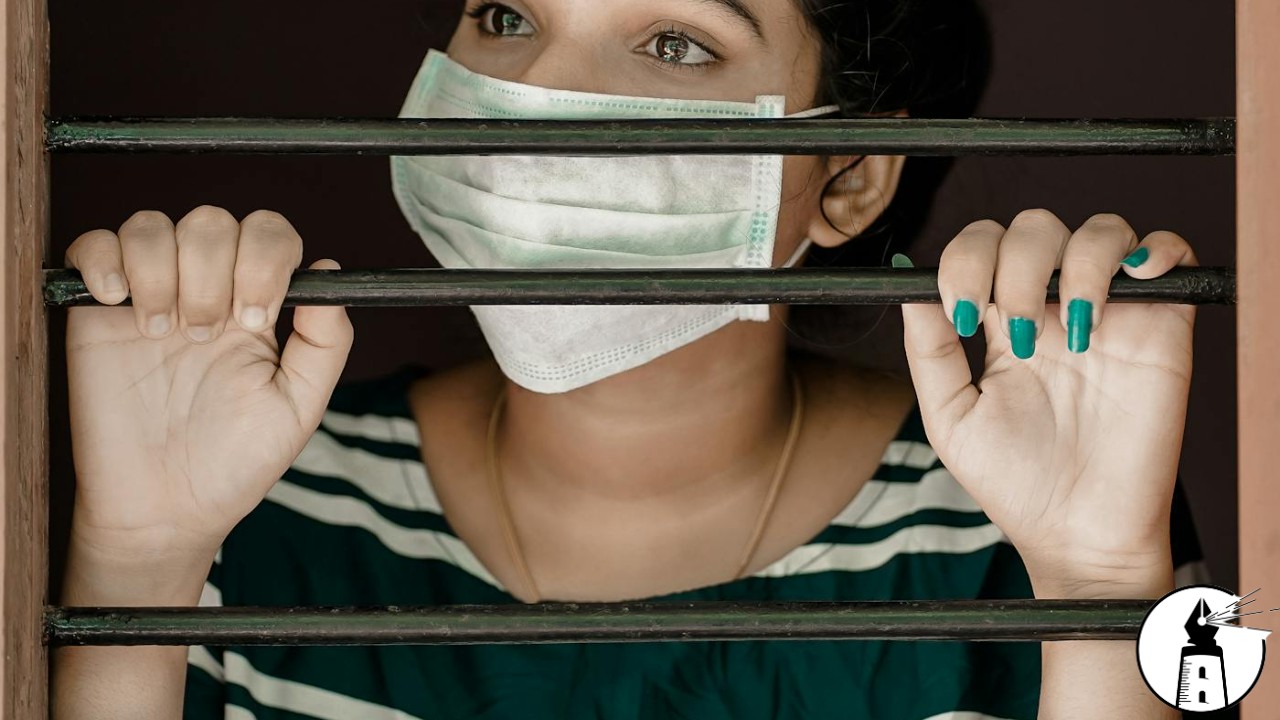In the wake of the avian flu crisis, the Trump administration’s response has revealed a troubling dynamic, one that raises questions about the intersection of public health and political control. While the U.S. remains far from the level of oppression seen in totalitarian regimes like North Korea, the administration’s handling of the outbreak bears unsettling similarities to the ways in which disease has been used as a tool of governance elsewhere. The slow, disorganized federal response, funding cuts, and lack of transparency do not merely reflect bureaucratic inefficiencies but rather a shift in priorities where control and ideological objectives take precedence over immediate public health needs.
North Korea’s history of using disease and famine to reinforce political power is well documented. The regime has allowed outbreaks of infectious diseases to run rampant while limiting access to medicine and nutrition as a way to suppress dissent and maintain dominance. The state’s intentional neglect ensures that only the most loyal and connected individuals gain access to scarce resources, reinforcing dependency on the government while eliminating those deemed undesirable. In times of crisis, rather than acting to prevent suffering, the leadership exploits disaster as a means of enforcing social order.
Though vastly different in scale and intention, parallels emerge when examining the Trump administration’s recent handling of the avian flu. A pandemic response should prioritize clear communication, resource mobilization, and scientific guidance. Instead, the administration has restricted updates from the Centers for Disease Control and Prevention, withheld information from international health organizations, and delayed key appointments in pandemic preparedness. These actions, whether through neglect or design, create an environment where uncertainty weakens the public health response while consolidating control at the highest levels of government.
The systematic undercutting of public health agencies has left local officials scrambling to prepare for a worsening outbreak without federal guidance or funding clarity. At the same time, restrictions on international collaboration mirror the isolationist approach seen in authoritarian states. By halting communications with the World Health Organization and limiting transparency, the U.S. response risks becoming not just ineffective but dangerously insular. In North Korea, similar tactics ensure that only state-sanctioned narratives about public health prevail, creating an environment where misinformation and fear suppress resistance to government policy.
Perhaps the most disturbing parallel is the lack of urgency. In North Korea, crises unfold at the regime’s preferred pace, with action taken only when leadership deems it necessary for stability. The Trump administration, despite mounting evidence of the virus’s spread and the risks it poses to both agriculture and human health, has taken a sluggish approach. Cabinet officials have provided little clarity on their strategies, while vital testing and vaccination programs remain stalled. The longer a crisis festers, the greater the opportunity for political maneuvering, whether it be to justify budget cuts, consolidate executive power, or sideline scientific institutions that challenge an administration’s preferred policies.
Public health should never be a matter of political calculation. Yet, the current trajectory suggests that response efforts are being shaped less by urgency and more by ideological leanings. In North Korea, such tactics have been refined into an art of state control. In the United States, their emergence, whether deliberate or the result of systemic neglect, signals a dangerous departure from the principles of public health leadership. If left unchecked, the cost of inaction will not just be measured in rising egg prices or disrupted supply chains, but in human lives.
—By Greg Collier



